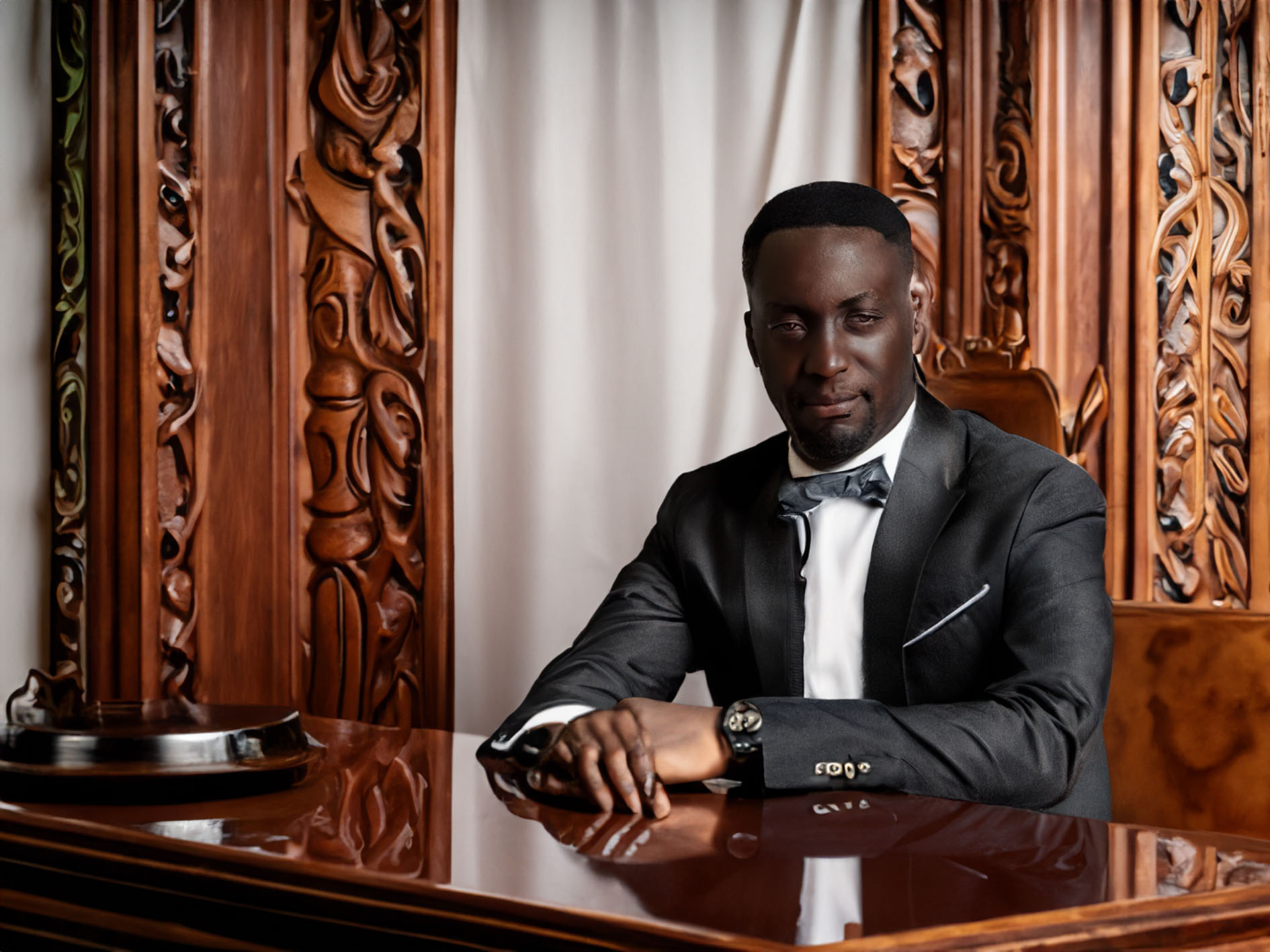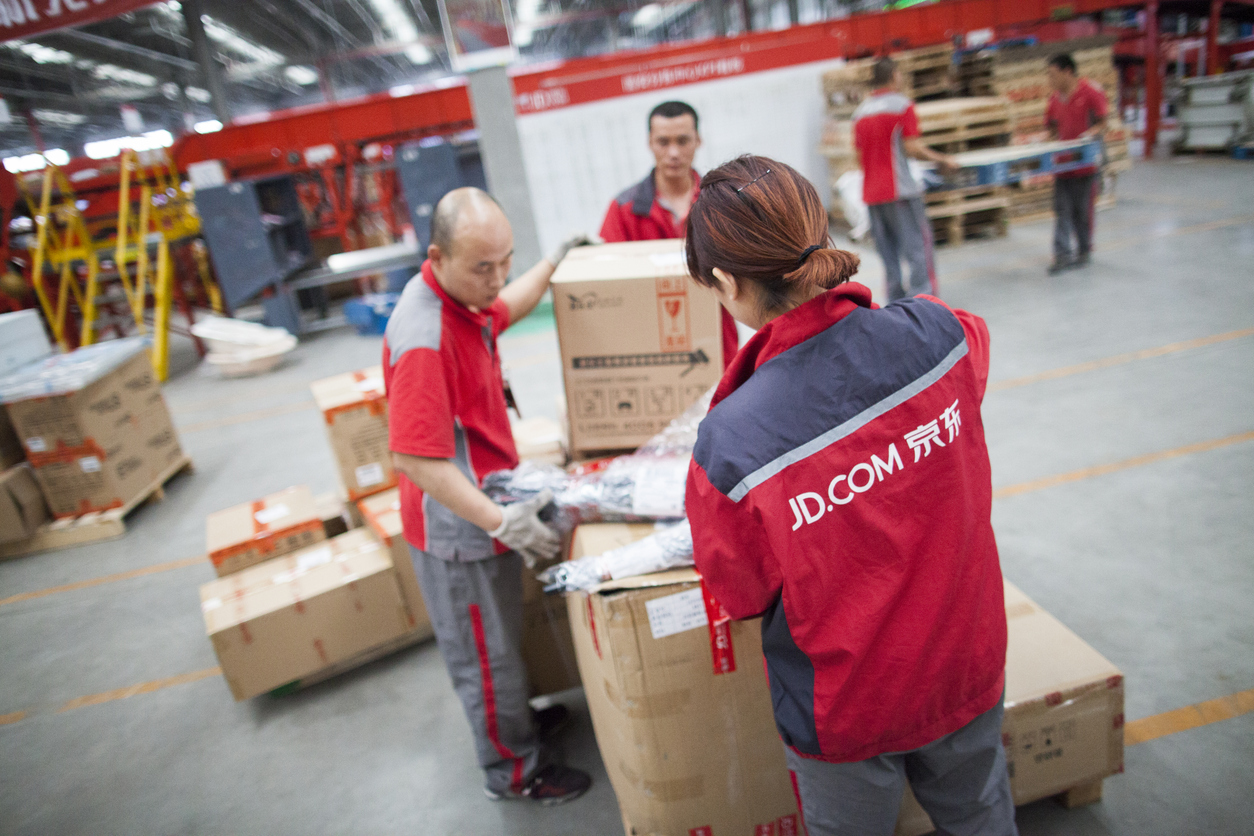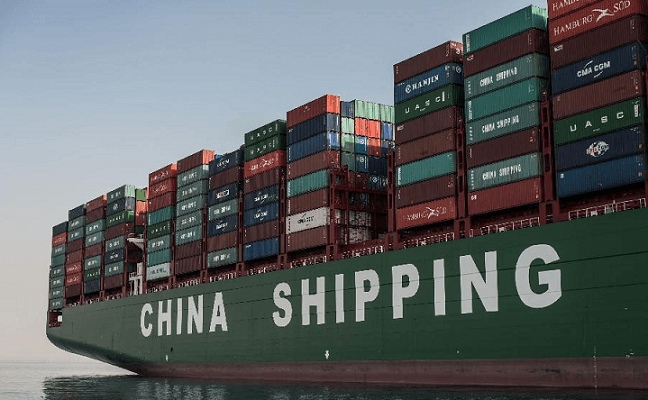Shadow Players or Legitimate Owners? Exploring Nigeria’s Power Dynamics
Shadow Players or Legitimate Owners? Exploring Nigeria’s Power Dynamics
Welcome to the captivating world of power dynamics in Nigeria, where shadow players lurk behind closed doors and legitimate owners fight for their rightful place. In this blog post, we delve deep into the intricate web of Nigeria’s political landscape, unravelling the hidden truths and shedding light on those who hold the strings. Brace yourself for a thrilling exploration as we navigate through the shadows, uncovering the secrets that shape this nation’s destiny. Get ready to question everything you thought you knew about power in Nigeria – because it’s time to discover who truly holds sway: are they shadow players or legitimate owners?
Introduction to Nigeria’s Political Structure
Nigeria is a federal republic with three tiers of government: the executive, the legislature, and the judiciary. The executive branch is headed by the president, who is both head of state and head of government. The president is elected by popular vote for a four-year term and can serve up to two terms. The legislature is bicameral, with a Senate and a House of Representatives. The Senate has 109 members, while the House has 360 members. Both Houses are elected for four-year terms. The Judiciary is independent of the other two branches
Exploring the Power Dynamics of Nigeria’s Different Sectors
The power dynamics of Nigeria’s different sectors is a complex and ever-changing landscape. The oil and gas sector, for example, has been dominated by a small group of powerful companies and individuals for many years. However, the recent rise in oil prices has led to increased scrutiny of the sector and the way it operates. This has resulted in a number of reforms being implemented, which are slowly starting to change the power dynamic within the sector.
The banking sector is another area where the power dynamics are constantly shifting. The Central Bank of Nigeria (CBN) is the main player in this sector, and its decisions have a direct impact on the way banks operate. However, there are a number of other players that also have a significant amount of influence, such as foreign investors and international financial institutions.
The telecommunications sector is another important sector in Nigeria that is undergoing major changes. The Nigerian Communications Commission (NCC) is the main regulator for this sector, but there are also a number of private companies that play a major role in its development. The recent introduction of mobile money services has had a major impact on the way people use telecoms services, and this is likely to continue in the future.
The power dynamics within Nigeria’s different sectors are constantly changing, which makes it difficult to predict what will happen next. However, one thing is clear – Shadow Players or Legitimate Owners? Exploring Nigeria’s Power Dynamics
Examining the Role of Shadow Players vs Legitimate Owners in Nigerian Politics
In Nigeria, shadow players are often seen as those who wield power behind the scenes, while legitimate owners are considered to be those who hold formal positions of power. However, it is important to examine the role of both shadow players and legitimate owners in Nigerian politics in order to better understand the country’s power dynamics.
Shadow players can be powerful actors in Nigerian politics, even if they do not hold formal positions of power. They may use their influence to shape policy decisions or to control resources. In some cases, shadow players may even act as kingmakers, using their clout to determine who holds formal positions of power.
Legitimate owners, on the other hand, are those who hold formal positions of power within the government or other institutions. While they may not have the same level of influence as shadow players, they still play an important role in Nigerian politics. Legitimate owners often make decisions that affect the lives of ordinary Nigerians, and they also have a say in how resources are distributed within the country.
It is clear that both shadow players and legitimate owners play a significant role in Nigerian politics. Understanding the role of each group is essential for understanding the country’s power dynamics.
Understanding the Impact of Shadow Players on Nigerian Politics
In Nigeria, “shadow players” are individuals or groups who exercise power behind the scenes, often in illicit ways. They may be politicians, businesspeople, military officers, or even traditional rulers. While they may not hold official positions of power, they wield significant influence over the country’s politics and economy.
The shadow players in Nigerian politics often operate through corruption, bribery, and violence. They may also use their influence to manipulate the media and undermine democracy. In some cases, they may even be involved in drug trafficking or terrorism.
The impact of shadow players on Nigerian politics is significant. Their activities can destabilize the country and hinder its development. Additionally, shadow players often take advantage of the poor and vulnerable in society, exacerbating poverty and inequality.
To effectively address the problem of shadow players in Nigerian politics, it is important to first understand how they operate and what motivates them. Only then can steps be taken to reduce their influence and help ensure a more stable and prosperous future for Nigeria.
Investigating How Legitimate Owners Can Reassert Their Power
In Nigeria, power struggles are a way of life. The country has been in a constant state of flux since independence, with different groups vying for control. This article will explore the current power dynamics in Nigeria, with a focus on how legitimate owners can reassert their power.
Nigeria is a complex country, with many different ethnic and religious groups. The three largest and most influential groups are the Hausa-Fulani, the Yoruba, and the Igbo. There is also a significant minority population of Christians. The Hausa-Fulani are predominantly Muslim, while the Yoruba and Igbo are largely pagan or animist.
The Hausa-Fulani have traditionally been the dominant group in Nigeria. They make up around 29% of the population, and control the federal government. The Yoruba make up around 21% of the population, and are concentrated in the southwest region of the country. The Igbo make up around 18% of the population, and are concentrated in the southeast region.
Christians make up around 50% of Nigeria’s population, but they are divided between Catholics (30%), Protestants (15%), and Orthodox (5%). Muslims make up around 40% of Nigeria’s population, but there is significant internal divisions between Sunni (20%) and Shia (10%). There is also a small minority of people who practice traditional African religions (5%).
The current power dynamics in Nigeria can be best understood
Conclusion
The power dynamics of Nigeria are complex and ever-changing. While the government is officially in control, it’s clear that there are many players behind the scenes who have a big influence on decision-making. It’s essential to understand these relationships if we want to make sense of political events in Nigeria: Who is making decisions? Who holds ultimate power? And how do those individuals or groups benefit from their position? Only by understanding the complexities of these shadow players can we begin to unravel the mystery of Nigerian politics.








Comments are closed.